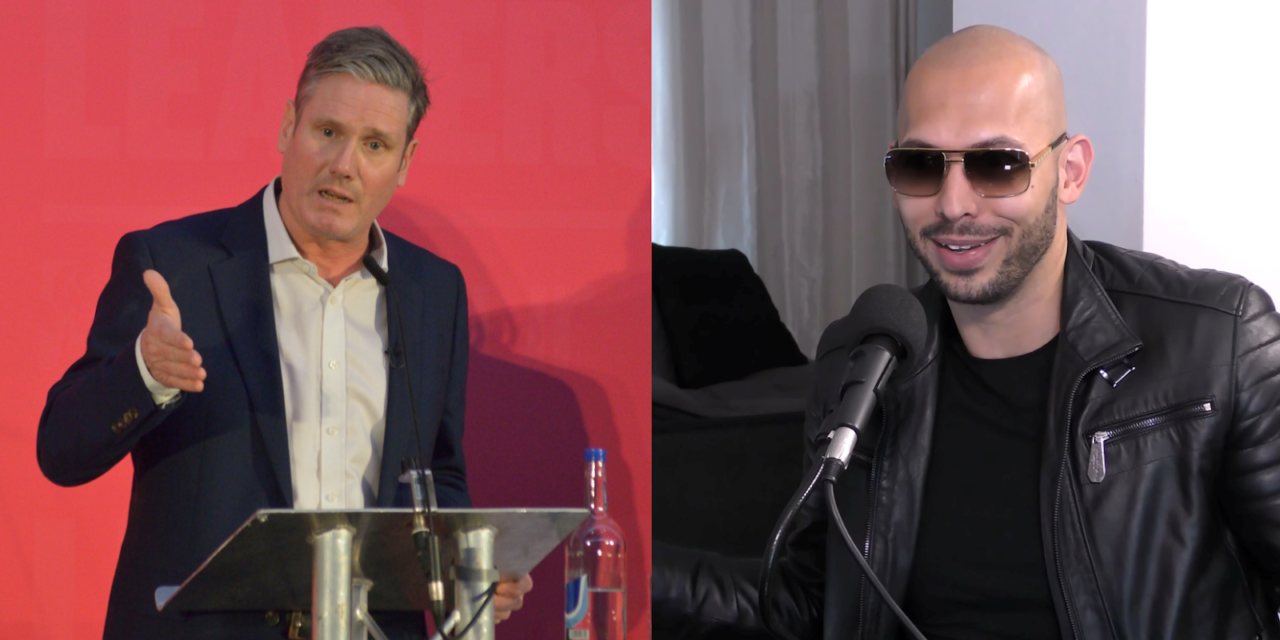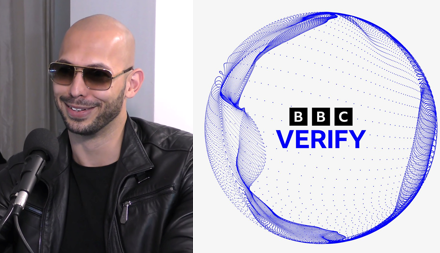Keir Starmer, the leader of the Labour Party, has reportedly sought the guidance of Andrew Tate for ‘charisma lessons’. This surprising development has ignited curiosity and sparked discussions about the role of charisma in political leadership.
Andrew Tate, known for his controversial persona, has garnered attention for his views on self-improvement and personal development. Starmer’s decision to engage with Tate suggests a desire to enhance his public appeal and charisma as a political figure.
Critics argue that charisma is an intrinsic quality that cannot be taught or acquired through lessons. They assert that political leadership should be based on values, policies, and the ability to connect with the electorate through authentic engagement, rather than relying solely on charisma.
Supporters, on the other hand, believe that charisma can play a significant role in capturing the attention and inspiring the public. They contend that by seeking guidance from Tate, Starmer is demonstrating a willingness to explore different approaches and learn from individuals who excel in certain areas.
While the intent behind Starmer’s decision remains to be seen, it highlights the importance of effective communication and connecting with the electorate in today’s political landscape. Charisma, when used authentically and responsibly, can enhance a leader’s ability to inspire and mobilise the public.
As discussions continue about the role of charisma in political leadership, it is crucial to strike a balance between substance and style. Leadership should be guided by strong principles, integrity, and a genuine commitment to serving the interests of the people.
Ultimately, the impact of Starmer’s engagement with Andrew Tate for ‘charisma lessons’ will be assessed through his actions, communication style, and the perception of his leadership by the public. It remains to be seen how charisma, if developed through this engagement, will influence his political journey moving forward.
















